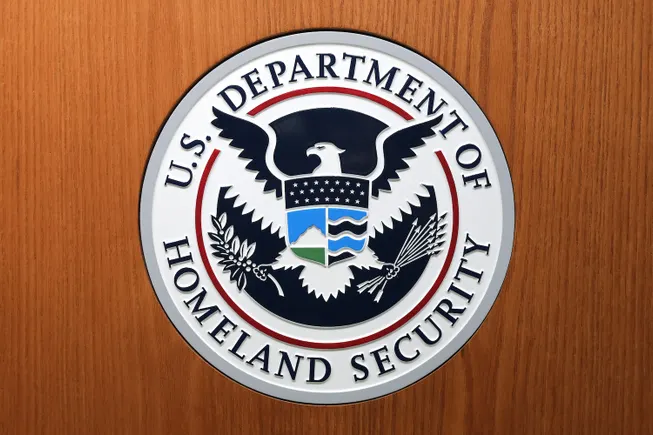Essential Insights
-
China’s Salt Typhoon Campaign Impact: The Salt Typhoon cyber espionage campaign was one of the most damaging series of attacks against the U.S., compromising critical telecommunications and national security infrastructure.
-
Surprising Breach Investigations: Investigators were taken aback by the extensive breaches affecting multiple telecom firms, highlighting a disconnect in expectations regarding foreign cyber operations.
-
CSRB Shutdown Consequences: The Trump administration’s decision to dismiss the Cyber Safety Review Board (CSRB) during its investigation impaired national cybersecurity efforts, leaving critical oversight uncertain.
- Need for CSRB Reform: Alperovitch emphasized that for effective investigation and oversight, the CSRB requires full-time members and greater independence to address conflicts of interest and improve cybersecurity cooperation with telecommunications.
The Alarming Reality of Salt Typhoon
The cyber espionage campaign known as Salt Typhoon represents one of the most serious assaults on U.S. digital security. Experts emphasize its far-reaching impacts on national security. Notably, this campaign compromised the communications of nine major telecom companies. Investigators found themselves unprepared for the scale and depth of the breaches. This lack of readiness strikes experts as troubling. Given the historical context, it’s clear that adversaries will continue these operations. After all, Western nations conduct similar intelligence-gathering efforts. Cyberattacks like these should not catch us by surprise.
Furthermore, Salt Typhoon infiltrated sensitive systems, exposing private data from political candidates. Such breaches raise questions about the safety of our communications network. When the previous administration disbanded the Cyber Safety Review Board (CSRB), critical investigations halted. This decision may have severely weakened cybersecurity efforts. Without a robust oversight body, vulnerabilities can easily grow. Experts recommend that the board needs more independence and full-time members to function effectively. Cybersecurity requires strong coordination and transparency to safeguard our nation.
Navigating Future Cyber Threats
The implications of Salt Typhoon extend beyond immediate damage. They challenge how we view our national security framework. Experts now call for a reevaluation of our approach to cyber threats. The cybersecurity landscape must adapt to counter sophisticated attacks. As adversaries enhance their tactics, so must our defenses. Centralizing resources and expertise, as suggested by cybersecurity professionals, can help strengthen our position.
Moreover, the future of the Cybersecurity and Infrastructure Security Agency (CISA) also hangs in the balance. Effective leadership will be vital for its success. Without a clear structure and focus, our national defenses could falter. The right adjustments can steer us toward improved security, but they require foresight and commitment. In an era marked by constant digital threats, we must prioritize securing our communications for the safety of our nation.
Continue Your Tech Journey
Learn how the Internet of Things (IoT) is transforming everyday life.
Discover archived knowledge and digital history on the Internet Archive.
Cybersecurity-V1

